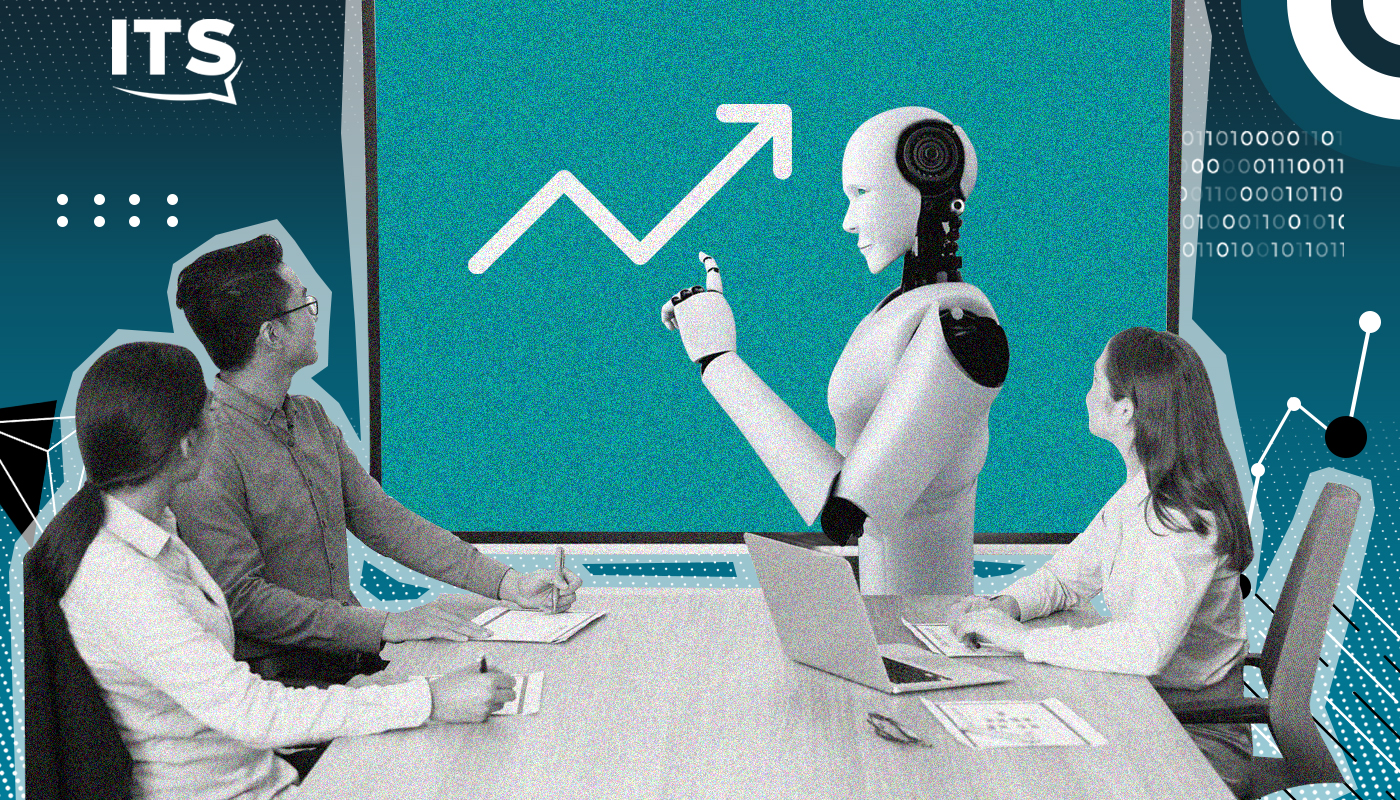The arrival of artificial intelligence in the global IT landscape has disrupted many sectors, especially employment and skills. This rapid development has significant consequences on the labor market and the nature of the skills needed for tomorrow’s jobs.
The unexpected burst of AI into the global IT landscape has changed the cards in many areas, including employment and skills. The phenomenon is
Coming back: In the 19th century, industrialization transformed many sectors, including agriculture and manufacturing.
Workers who knew how to use the new machines and tools could find new jobs in factories, while those who resisted those developments were left behind. It was the same when, a few decades later, electrification transformed the industry, creating new, highly sought after professions.
AI is no exception to this evolutionary necessity, where the new redefines the old and integrates it to start a new cycle of development. It is leading to a significant increase in demand for AI skills, creating new opportunities for employees and businesses.
According to a study published by PwC, 69% of business leaders worldwide believe that AI will require new skills from their employees, a figure that rises to 87% among CEOs who have already deployed AI. This explains why the trend in AI job offers is increasing, with a significant increase in offers requiring AI skills.
In France, for example, the number of job offers in AI increased 7-fold, from 11,000 offers in 2018 to 77,000 offers in 2023. This rapid growth reflects the growing demand for qualified professionals in the field of AI. According to the study, some sectors are more demanding than others, mainly financial services, professional services and information and communication.
Positive impact on wages
Following the law of supply and demand, this increase in demand for AI skills has a positive impact on wages. Jobs requiring specialized AI skills carry a significant wage premium in several countries, averaging up to 25% in the US.
This skills award highlights the importance companies place on skills that include AI in the job market. As a result, employees with AI skills can benefit not only from a higher salary, but also from better professional opportunities.
In France, the study highlights a positive correlation between the exposure of professions to AI and the development of their skills. This suggests that workers in occupations with high AI usage will need to acquire more new skills during their careers compared to those in occupations with less exposure. This may be because AI replaces or complements certain skills, especially in jobs most exposed to this technology.
Gain AI-related skills
To adapt to this new situation, the key word according to the study is skill. Certainly, we can think that an AI that handles natural language should not require special skills. This is a mistake, because although natural language interactions are an important component, they must be accompanied by deep technical and practical expertise in various aspects of artificial intelligence.
For example, a marketer will need to master more than incentives to design and deploy a recommendation model for an e-commerce platform. It will have to use collaborative filtering techniques, massive data processing and integrate the model into its website via a REST API.
That is why it is essential for employees to train in digital and technical skills related to their sector of activity. This can include learning programming, machine learning, data analysis, etc. In short, staying agile, continuing to learn and adapting to new labor market demands related to AI are key strategies for employees to thrive in a professional environment that continues to redefine job content.
Capabilities: AI reduces some needs and creates others
First, AI has automated many repetitive and tedious tasks, leading to fewer jobs in some sectors. For example, self-checkouts in supermarkets have reduced the need for cashiers, while self-driving cars could reduce the number of truck drivers in the long term. However, AI has also created new jobs in fields such as data science, machine learning and robotics.
Additionally, AI has changed the skills needed for existing jobs. Workers now need to have more advanced technical skills to work with AI systems and interpret the results produced by those systems.
Communication, problem solving and critical thinking are also increasingly important as workers must collaborate with machines and make informed decisions based on the data produced by those machines.
This development has also highlighted the need for training and skills development for current and future workers. Governments, businesses and educational institutions must work together to provide training and reskilling programs to help workers acquire the skills needed to work with AI and other emerging technologies.
In addition to these technical skills, employees will also need to understand the ethical and legal implications of AI. AI skills should include awareness of issues of algorithmic bias, data privacy and compliance with regulations such as GDPR.
Knowledge of ethics and social responsibility is almost as important as technological knowledge. It is the responsibility of companies to ensure that their AI systems are fair, transparent and respectful of individual privacy.

